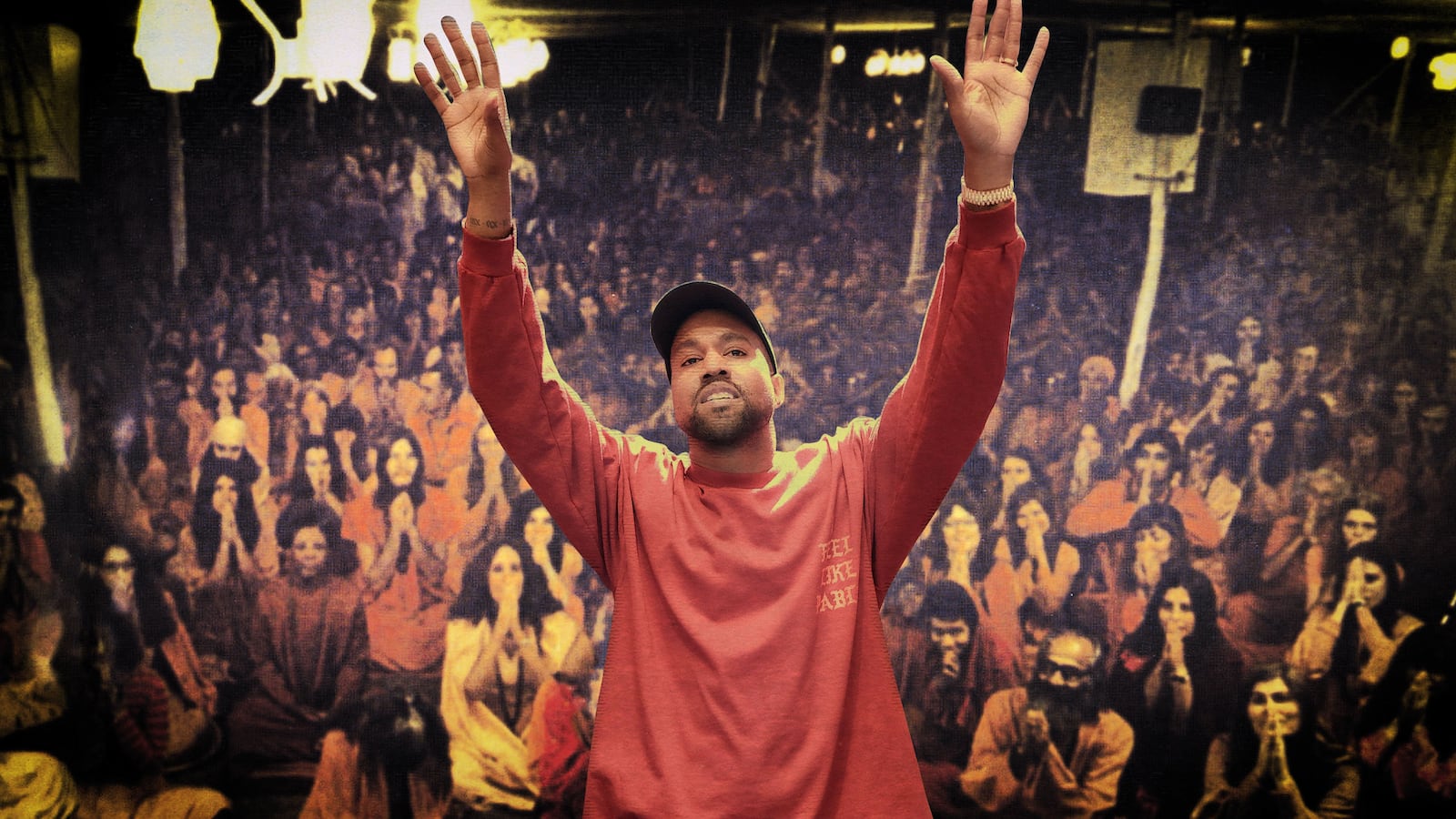Kanye West has been saying a lot lately.
One of the more intriguing nuggets—nestled between the red-pilled musician/entrepreneur’s ignorant ramblings on slavery, Martin Luther King Jr. and Harriet Tubman—dealt with a community West says he’s planning to build on 300 acres of purchased property.
“I’m going to build five properties, so it’s my first community, I’m getting into development…It’s just the next frontier for me, to develop,” West told radio personality Charlamagne tha God as they strolled through the hills of West’s sprawling Calabasas estate.
“We’re standing on my first property. So I’m going to be one of the biggest real-estate developers of all time—what Howard Hughes was to aircrafts and what Henry Ford was to cars. Just the relationships I have with architects, my understanding of space and sacred proportions, just this new vibe, this new energy…We gonna develop cities.”
When I heard about West’s plans for building his own “city on a hill,” my mind immediately went to Wild Wild Country, the addictive Netflix series about a cult of sannyasins, led by the Bhagwan Shree Rajneesh, who erected their own community—dubbed “Rajneeshpuram”—on a plot of land in rural Oregon. (Spoiler alert: It did not go well.) Then I thought of a conversation I had a few years ago with West’s longtime friend, collaborator and fellow Chicagoan Rhymefest.
In October 2015, just as Donald Trump improbably emerged as the Republican front-runner for the presidential nomination, I had a long talk with Rhymefest over lunch in Manhattan. It touched on his early encounters with West as a couple of cocky Chicago teens, his songwriting for West (with Rhymefest alleging he wasn’t properly credited on a number of songs), and his experience helping at-risk youth in Chicago at Donda’s House—an organization co-founded by himself and West, and named after West’s late mother, Dr. Donda West.
A portion of our lunch chat that didn’t make it into the final piece, however, concerned a community that Rhymefest and West had discussed forming.
“Rapping is just one part of what I do. I’m a creative,” Rhymefest told me. “I think that’s why Kanye and I gel so well—because it was more than rap, it was: ‘We’re going to design a town. What does this town need to look like?’”
According to Rhymefest, who penned the popular West tunes “Jesus Walks” and “New Slaves,” it would be an ultra-VIP community where futurist thinkers could work together on improving the world.
“I think that good people live too far apart. And so it’s hard [to communicate ideas] by email or Skype. How can you defeat police brutality, racism, black-on-black or white-on-white crime, if all of the greatest minds are living everywhere but around each other?” explained Rhymefest. “If you look at Silicon Valley, all of the greatest tech gurus live in Silicon Valley, right? But the greatest progressives are spread out too far apart. That’s why we can’t have change, because we don’t have synergy. So, I want my greatest legacy to be creating a small town with 750 to 1,000 people—all of the greatest minds in agriculture, architecture, education, art, etc., creating a pathway for the world.”
He added, “As you see us develop the town, we can develop these communities of progressive thought in different parts of the country.”
West has often compared himself to some of the greatest minds of the 20th and 21st centuries—Walt Disney, Steve Jobs, Howard Hughes—though the idea of a “progressive” and forward-thinking community certainly seems at odds with his recent embrace of Trumpism, a regressive ideology arguing for a return to America’s far-more-problematic past.
And Rhymefest—at least in October 2015—wasn’t a big fan of Trump’s either. “People aren’t serious anymore,” he told me. “Donald Trump is the frontrunner, and he doesn’t even know what he’s talking about.”






